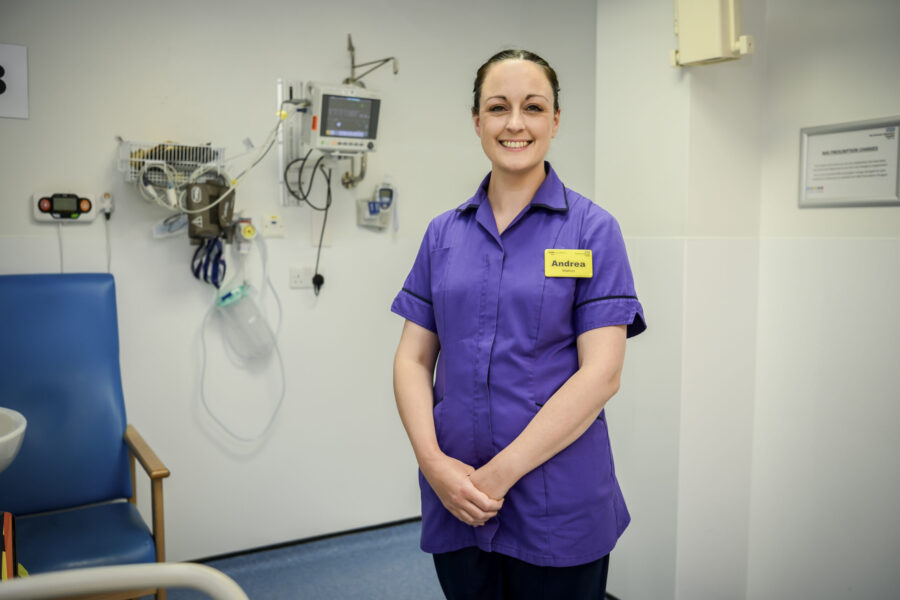
Anticoagulants, or blood thinners, are high-risk medications indicated for various conditions to prevent or treat blood clots, such as deep vein thrombosis (DVT), pulmonary embolism (PE), and stroke. Specifically, anticoagulants are used in cases of atrial fibrillation, venous thromboembolism, and following heart valve replacement. Anticoagulants are also used for clot prevention after surgeries such as hip and knee replacements. As they work by prolonging the time it takes for blood to clot, too much anticoagulation can result in bleeding – this is the main risk. If medication is not taken correctly, such as missed doses, it can result in the medication being ineffective, which can lead to blood clots or stroke.
Commonly used anticoagulants include:
- Rivaroxaban
- Apixaban
- Edoxaban
These are taken orally, with fixed dosing and less monitoring.
Also:
- Warfarin: This requires regular monitoring with blood tests (International Normalised Ratio – INR) and the dose is adjusted depending on INR results. It is taken orally
- Enoxaparin: This is given by injection
Please note that patients on anticoagulants are at a higher risk of bleeding. Please seek urgent medical attention if you experience any of the following symptoms:
- Passing blood in your urine
- Passing blood when you poo or having black poo
- Severe bruising
- Prolonged nosebleeds
- Bleeding gums
- Vomiting blood or coughing up blood
- Severe headaches
- You have a head injury
You can read more about anticoagulants here.
If you have experienced a blood clot, you can also access more information here.
Outpatient Anticoagulation Service
The Outpatient Anticoagulation Service is primarily led by nurses with expertise in anticoagulation management. Appointments are made following a referral from a doctor. The team facilitate outpatient clinics and review patients’ anticoagulation medication to support a safe discharge from hospital. They also accept internal and external referrals for patient education, review, and starting anticoagulation. The team collaborate with other services, and specialities, as well as with GPs and other healthcare professionals to ensure comprehensive and safe care for our patients.
The team are available for queries relating to anticoagulation options, with the overarching support of the haematology team.
Most appointments will be via the telephone, but face-to-face appointments can be arranged for patients where appropriate.
Contact details
Please leave a message if phone cannot be answered.
- Phone number:
- 01279 973656
- Phone number:
- 01279 973840
- Email:
- [email protected]
- Opening times:
- Monday to Friday, 8am to 6pm
Anticoagulation Monitoring Service (AMS)
This is a multi-disciplinary team including nurses, pharmacists, biomedical scientists, associate practitioners and anticoagulation support staff. The service manages those patients on warfarin or similar anticoagulants that work by blocking vitamin K, a vitamin essential for blood clotting.
The service offers a community-based point of care (finger prick) INR testing service where patients can choose a clinic that is most convenient for them.
We currently hold these clinics in the following locations:
- Harlow: Monday, Wednesday, Thursday, Friday
- Ongar: Monday
- Bishop’s Stortford: Tuesday, Friday
- Dunmow: Wednesday
- Loughton: Tuesday
- Waltham Abbey: Wednesday
- Epping: Thursday
- Hoddesdon: Tuesday
Patients can also have an INR test in the form of a blood test (venous blood from the arm) which they can book on Swiftqueue or arrange at their surgery if they offer a phlebotomy service.
We can provide an in-house domiciliary service or district nurse visit (depending on the patient’s address) for patients who are registered housebound.
Training and support is available for patients who prefer to self-test using their own INR meter.
Working hours: Monday to Friday, 8:30am to 5:30pm (excluding bank holidays)
Phone number: 01279 827031/ 01279 827599
Answerphone: 01279 827599
Email: [email protected]